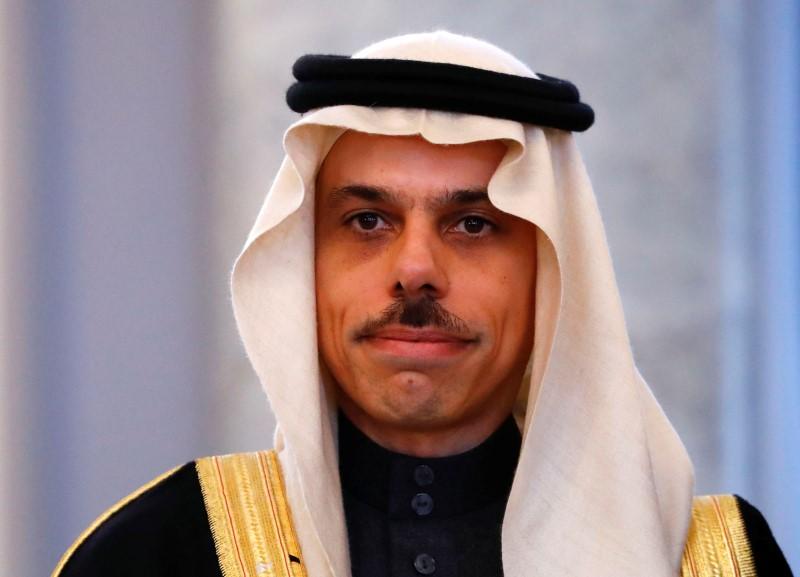The Saudi Arabian government on Wednesday night rejected White House criticism over a decision by a cartel of key oil-producing countries to cut production of the much-needed resource and confirmed the Biden administration requested it delay until after the U.S. midterm elections.
Saudi Foreign Minister Prince Faisal bin Farhan Al Saud also accused the U.S. government of attempting to “distort” the facts about the kingdom’s position on the Russia-Ukraine war.





